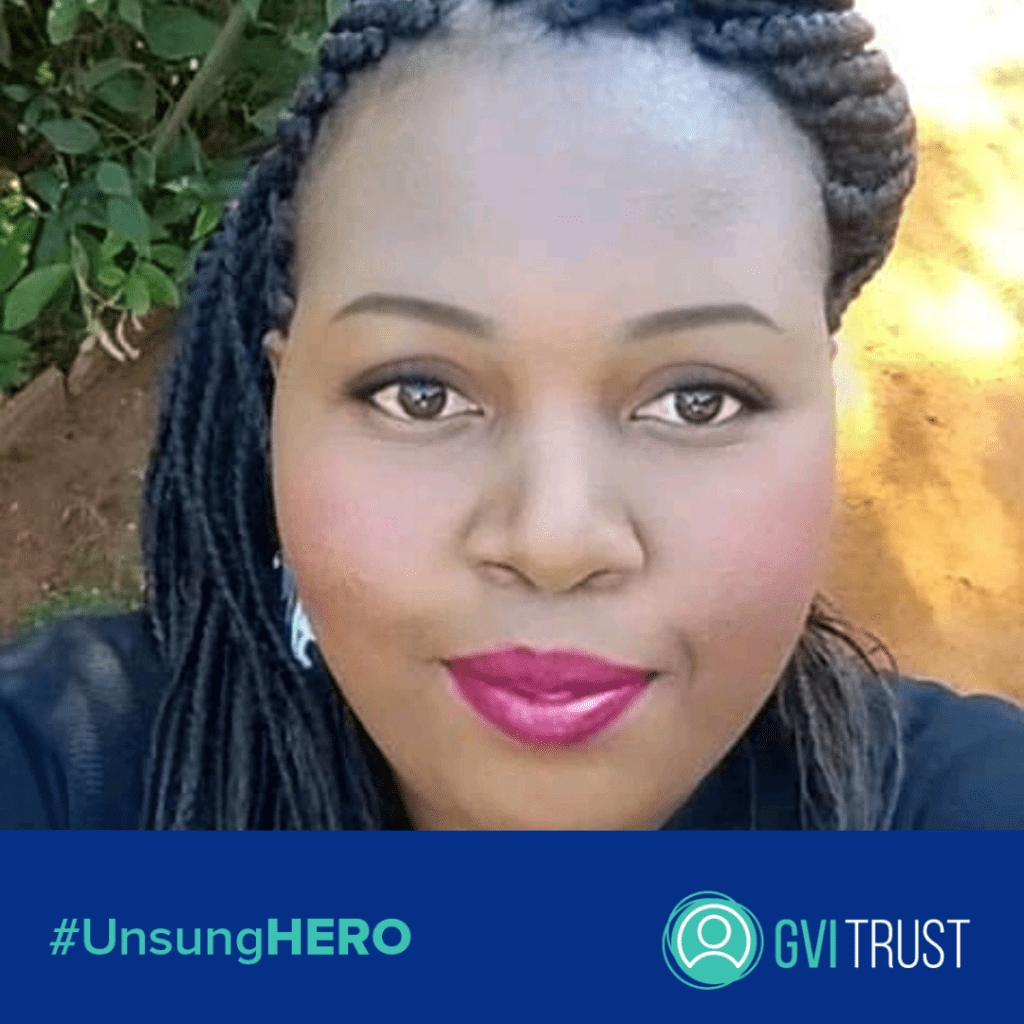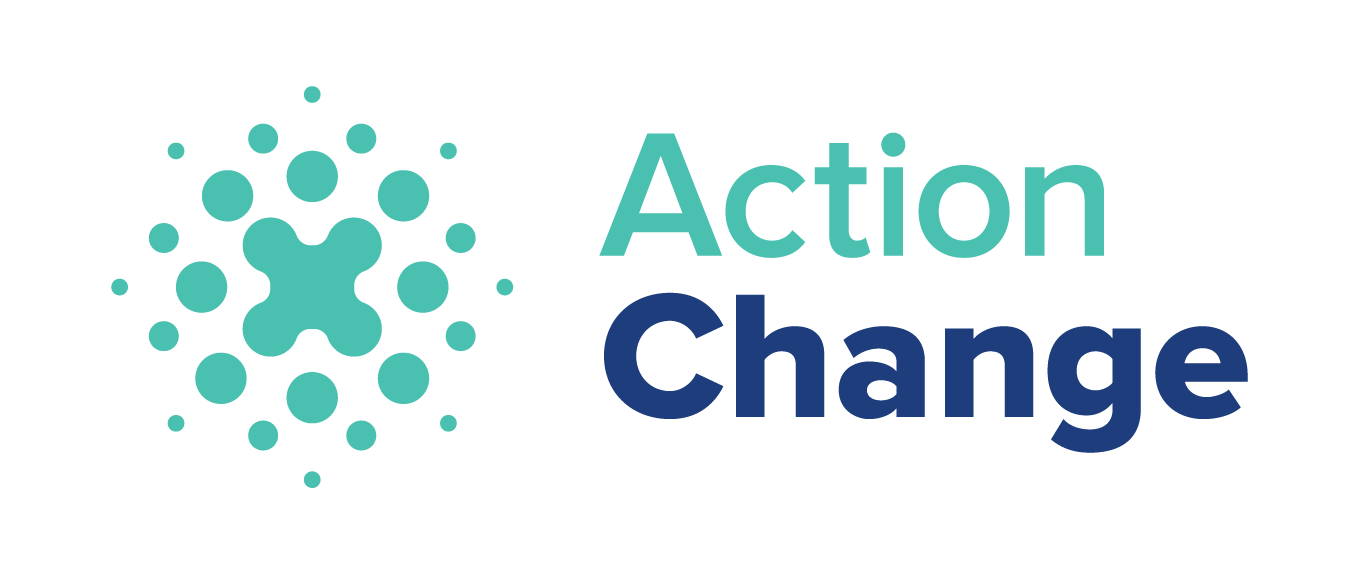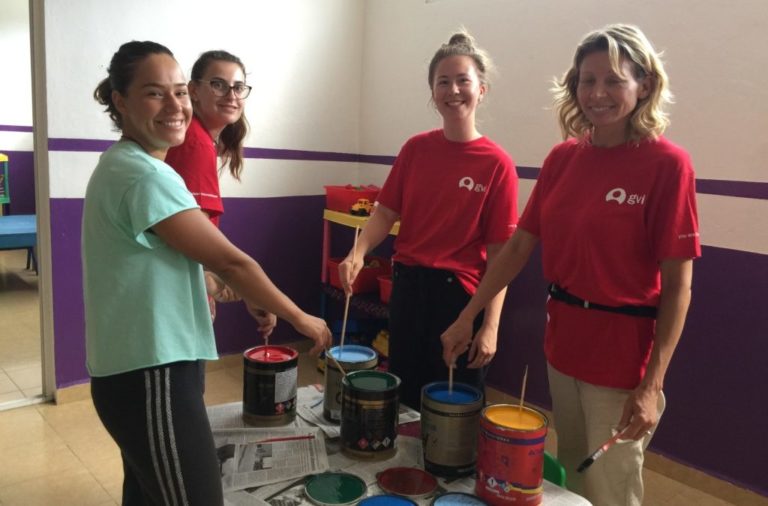What is gender based violence and how many many people have experienced it? Is the result of normative role expectations and unequal power relationships between genders in society. Globally, 1 in 3 women worldwide have experienced physical and/or sexual violence by an intimate partner or sexual violence by any perpetrator in their lifetime.
Why does domestic violence happen?
- Violence tends to increase during every type of emergency, including epidemics. Women in refugees, living in conflict areas are known to be particularly vulnerable.
- While data sets are scarce, reports from China, France and other countries suggest an increase in domestic violence cases since the COVID-19 outbreak.
- Intimate partner violence is the most common form of violence.
Forms of gender based violence. The term ”sexual and other forms of gender based violence” comprises not only of rape and attempted rape , but also sexual abuse, sexual exploitation, forced early marriage, domestic violence, marital rape, trafficking and genital mutilation
What impact has COVID-19 had on gender based violence? According to the world economic forum french police services have already released a record 32% increased reports on domestic violence across the country. In Paris it rose by as much as 36%. In India domestic violence cases have increased since the March 24 lockdown with the National Commission for Women (NCW) reported receiving 58 cases in the first 7 days alone. In China “The epidemic has had a huge impact on domestic violence. According to our statistics, 90% of the causes of violence are related to the COVID-19 epidemic” Reported by Wan Fei, founder of an anti-domestic violence nonprofit
How COVID-19 can exacerbate risks of violence for women?
- Stress, the disruption of social and protective networks, and decreased access to services
- Women in an abusive relationship and their children will be exposed to violence is dramatically increased,
- Women may have less contact with family and friends who provide support and protection from violence.
- Women bear the brunt of increased care work during this pandemic.
- School closures further exacerbate this burden and place more stress on them.
- The disruption of livelihoods and ability to earn a living, including for women (many of whom are informal wage workers), will decrease access to basic needs and services, increasing stress on families, with the potential to exacerbate conflicts and violence.
- As resources become more scarce, women may be at greater risk for experiencing economic abuse.
- Perpetrators of abuse may use restrictions due to COVID-19 to exercise power and control over their partners to further reduce access to services, help and psychosocial support from both formal and informal networks.
- Perpetrators may also restrict access to necessary items such as soap and hand sanitiser.
- Perpetrators may exert control by spreading misinformation about the disease and stigmatise partners.
- Access to vital sexual and reproductive health services, including for women subjected to violence, will likely become more limited.
- Other services, such as hotlines, crisis centres, shelters, legal aid, and protection services may also be scaled back, further reducing access to the few sources of help that women in abusive relationships might have.
Meet Tatenda Dzitiro. Director of Women Empowerment and Rehabilitation Trust in Zimbabwe, Africa.

Tatenda has over ten years experience as a child and women rights protection specialist. Over the past eight years Tatenda has played a vital role in producing evidence based research on children and women’s issues and making recommendations to governmental institutions. She is a registered lawyer with the High Court of Zimbabwe and holds the very important role as Director of Women Empowerment and Rehabilitation Trust (WERT). For the past five years WERT has been the organisation providing psycho-social support, legal advice, health and wellness sessions and economic Empowerment initiatives to female victims and survivors of gender based violence between 0-45 years of age. WERT normally works in areas around Harare and carries out human rights awareness campaigns in communities.
Currently in response to the Covid-19 pandemic lock down we have been running a project to mobilise resources towards dignity packs that include sanitary wear to address menstrual poverty and other basic essentials for victims and survivors of gender based violence. WERT also has a hotline number to assist victims of gender based violence. Women Empowerment and Rehabilitation Trust has to date assisted at least 2000 clients from its inception 5 years ago. As part of COVID-19 Tatenda and the team are on a mission to make their support hotline free of charge to victims and are actively fundraising to do this. Tatenda Dzitiro has a passion to assist victims and survivors of gender based violence because she believes that everyone deserves to have their dignity restored and be empowered to realise their full potential.
How can you get involved and help? Yes, you can help from home by supporting people like Tatenda. The GVI Trust is a UK Registered charity actively fundraising and collecting donations through their Emergency Appeal for COVID-19 project. They are working to increase capacity and the support network around their safe houses in Africa. A program that is giving women a safe exit from gender based violence during national lockdowns.


